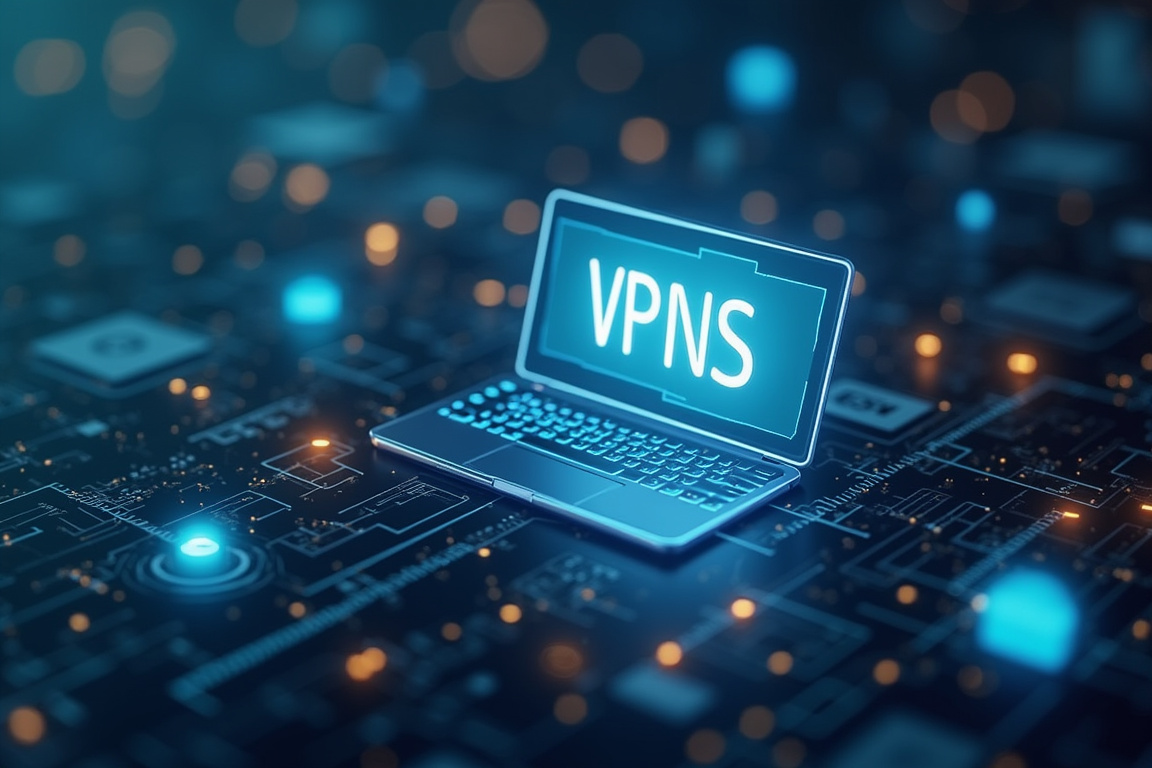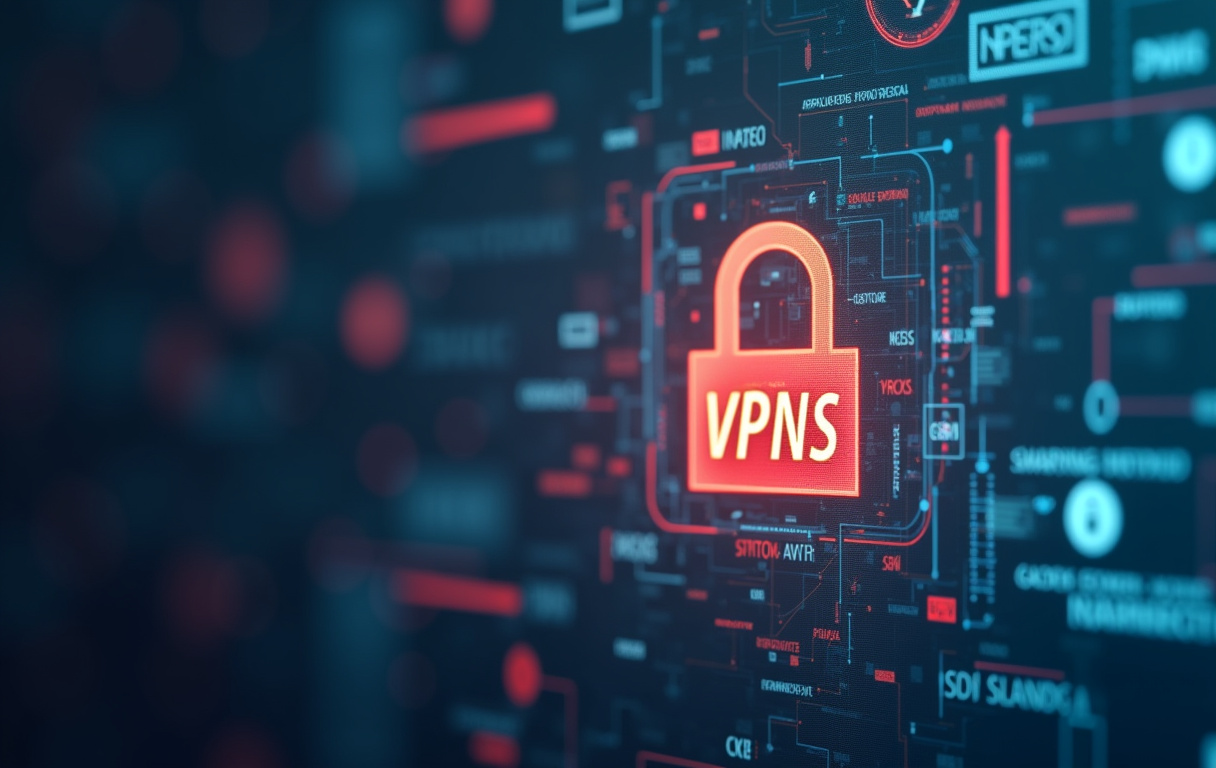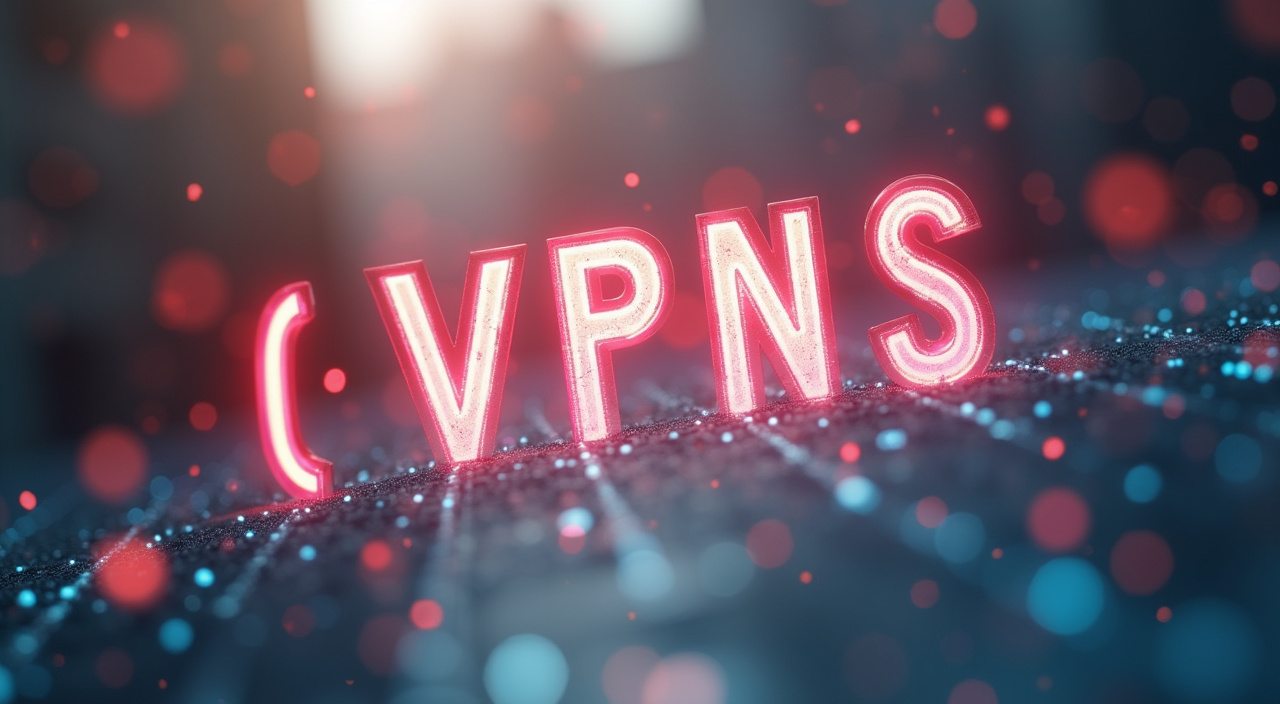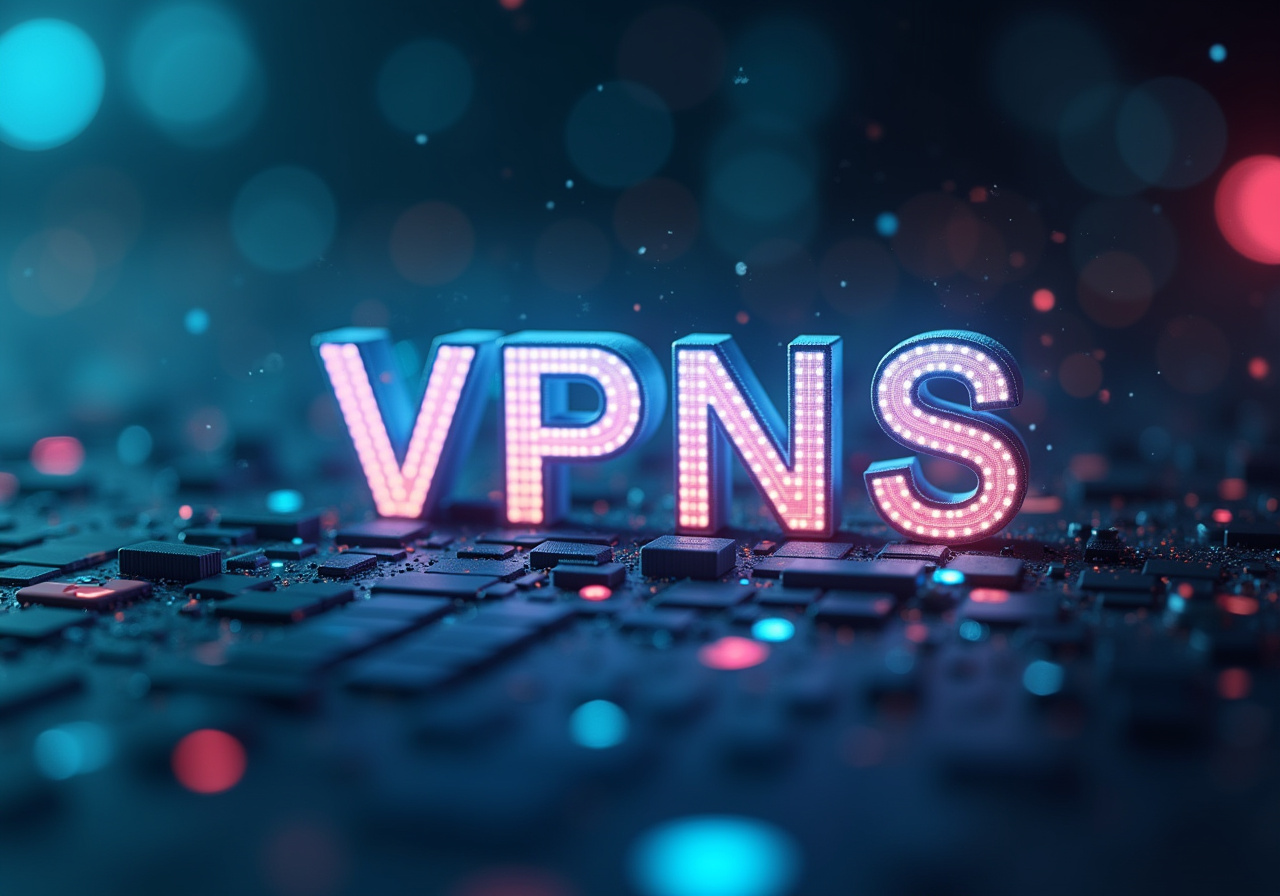VPNs for Online Auction Platforms: Ensuring Secure Bidding
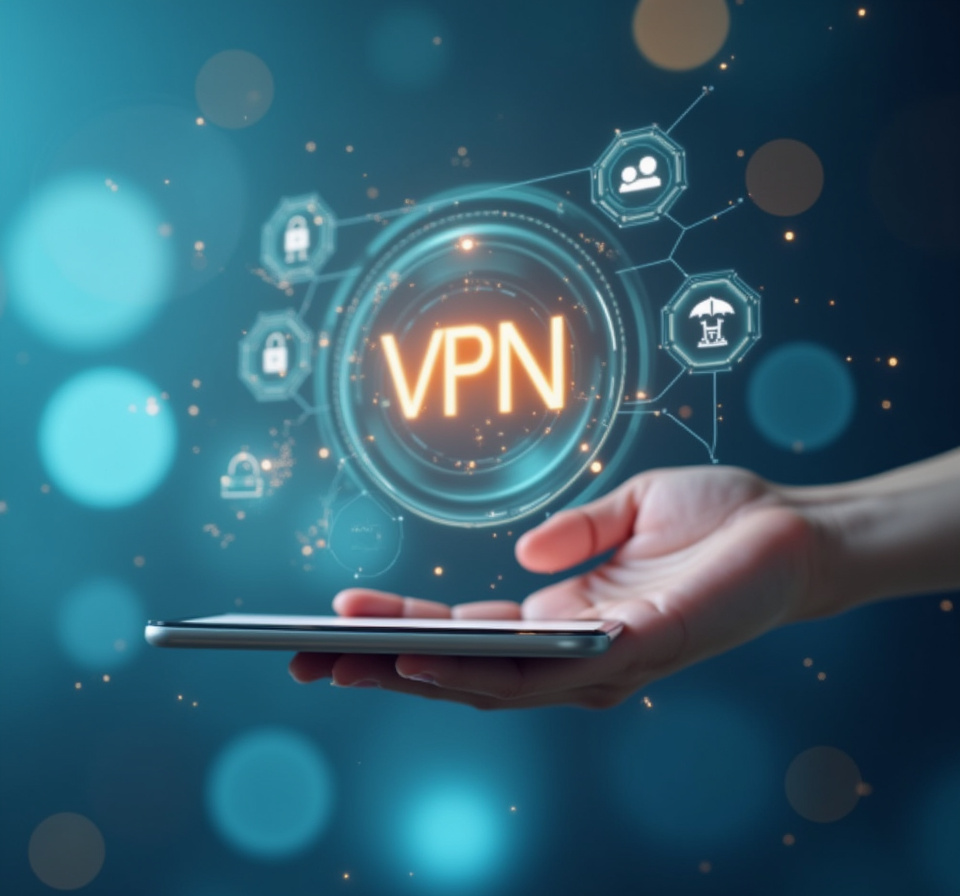
Table of Contents
VPNs for Online Auction Platforms: Ensuring Secure Bidding
In the rapidly evolving landscape of online commerce, auction platforms have emerged as a vibrant marketplace where individuals and businesses can connect, compete, and acquire unique items. However, the allure of online auctions also attracts cybercriminals seeking to exploit vulnerabilities and manipulate the system for their personal gain. This article delves into the critical role of Virtual Private Networks (VPNs) in bolstering security, safeguarding user data, and preserving the integrity of online auction platforms.
We explore how VPNs act as a protective shield, shielding users from a myriad of cyber threats and creating a safer, more trustworthy bidding environment. Understanding the importance of VPNs in online auctions requires grasping the inherent security risks associated with these platforms. When participating in online auctions, users invariably share sensitive information, including personal details, financial credentials, and bidding preferences.
This data, if left unprotected, becomes a prime target for malicious actors seeking to steal identities, commit financial fraud, or gain an unfair competitive advantage. A VPN addresses these risks by creating a secure, encrypted connection between the user's device and the auction platform. This encrypted tunnel effectively scrambles the data stream, rendering it unreadable to unauthorized third parties.
Imagine a physical auction house where confidential bids are whispered directly to the auctioneer. A VPN acts as a digital equivalent, ensuring that your bids and personal information remain shielded from eavesdroppers. Encryption is the cornerstone of VPN security.
Reputable VPNs employ advanced encryption protocols, such as AES-256, which are virtually impenetrable. This level of encryption ensures that even if a hacker manages to intercept the data stream, they will be unable to decipher its contents. This provides invaluable protection against data breaches and identity theft, allowing users to bid with confidence knowing their information is secure.
Beyond data encryption, VPNs offer an additional layer of security by masking a user's IP address. An IP address is a unique identifier assigned to every device connected to the internet, revealing a user's approximate location and potentially exposing them to targeted attacks. In the context of online auctions, revealing your IP address can make you a target for unscrupulous bidders seeking to manipulate the auction or gain an unfair advantage.
By routing internet traffic through a remote server, a VPN replaces the user's real IP address with the IP address of the VPN server. This effectively hides the user's true location, making it significantly more difficult for hackers to track online activity, determine user location, or launch targeted attacks. This IP masking feature is particularly beneficial for users concerned about their privacy and anonymity while participating in online auctions.
The benefits of using a VPN extend beyond security and privacy to include enhanced access and control over the online auction experience. Some auction platforms impose geographical restrictions, limiting access to certain auctions based on a user's location. These restrictions can be frustrating for collectors, investors, or enthusiasts seeking to bid on items available only in specific regions.
A VPN empowers users to circumvent these geo-restrictions by connecting to a server in a different country. This effectively spoofs their location, allowing them to access and participate in auctions that would otherwise be unavailable. For instance, if an auction for a rare vintage item is limited to bidders in Europe, a user in North America can connect to a VPN server in France or Germany and gain access to the auction.
This expands bidding opportunities, increasing the chances of finding and acquiring coveted items. Moreover, VPNs can improve the stability and reliability of online auction sessions, particularly in regions with unreliable internet infrastructure or government censorship. Some users may experience network congestion, throttling, or other forms of interference that can disrupt bidding activity or cause dropped connections during critical auction moments.
By connecting to a VPN server that offers a more stable and reliable connection, users can bypass these issues and enjoy a smoother, more consistent bidding experience. This is crucial for time-sensitive auctions where every second can make the difference between winning and losing a bid. When choosing a VPN for online auctions, selecting a provider with suitable features and capabilities is essential.
Factors to consider include server locations, encryption strength, speed, logging policies, and price. Opting for a reputable VPN provider is key. A wide range of server locations ensures easy access to auctions in different regions.
Additionally strong encryption protocols, provide crucial protection of user data. Fast connection speeds are essential for smooth live bidding. A strict no logs policy ensures the VPN provider does not collect or store user data, and comparing the price vs your budget.
The integration of VPNs into online auction platforms extends beyond individual user protection; it also plays a crucial role in maintaining the overall integrity and fairness of the auction ecosystem. Auction platforms are susceptible to various forms of manipulation, including bid sniping, price inflation, and denial-of-service (DoS) attacks. By implementing robust security measures, including the use of VPNs, auction platforms can deter these malicious activities and ensure a level playing field for all participants.
Bid sniping, a common tactic used by unscrupulous bidders, involves placing a winning bid in the final seconds of an auction, leaving other bidders with little or no time to react. This tactic can be particularly frustrating for honest bidders who have invested time and effort in researching and valuing items. While VPNs cannot directly prevent bid sniping, they can help mitigate its impact by making it more difficult for snipers to track and target specific auctions.
By masking their IP addresses and routing their traffic through different servers, VPNs can make it harder for snipers to identify potential targets and time their bids precisely. Price inflation, another form of auction manipulation, involves artificially inflating the price of an item by placing fake bids or using multiple accounts to bid against oneself. This tactic can mislead other bidders into believing that an item is more valuable than it actually is, leading them to overpay.
VPNs can help prevent price inflation by making it more difficult for manipulators to create and manage multiple accounts. By masking their IP addresses and using different server locations, manipulators can circumvent IP-based restrictions and create numerous accounts to participate in price inflation schemes. However, when auction platforms detect suspicious activity from multiple accounts originating from the same IP address, they can take action to suspend or ban those accounts.
By using a VPN and routing their traffic through different servers, manipulators can make it more difficult for auction platforms to detect their fraudulent activity. Denial-of-service (DoS) attacks, a more sophisticated form of cyber attack, involve flooding a target server with traffic, rendering it inaccessible to legitimate users. This can disrupt the auction process, prevent bidders from placing bids, and potentially cause significant financial losses for the platform and its users.
VPNs can help mitigate the impact of DoS attacks by distributing the incoming traffic across multiple servers. By routing traffic through a network of servers, a VPN can absorb the impact of a DoS attack and prevent it from overwhelming the target server. This helps ensure that the auction platform remains accessible to legitimate users, even during a cyber attack.
Moreover, VPNs can provide auction platforms with valuable insights into the source of malicious traffic. By analyzing the IP addresses and routing patterns of traffic passing through their servers, VPN providers can help identify the origin of DoS attacks and other types of malicious activity. This information can be used to block malicious traffic, prevent future attacks, and potentially identify the perpetrators.
Implementing VPNs on auction platforms has several benefits. It protects from manipulation, and provides insights into malicious traffic. As VPNs become more widely adopted, auction platforms can take proactive steps to integrate them into their security infrastructure.
For example, platforms can offer integrated VPN services to subscribed bidders. This subscription model would provide peace of mind to those seeking extra security. Platforms can also take it a step further and offer VPNs in a tiered format.
Each format with varying levels of server access. Finally, platforms can provide tutorials and guides on how to set up and use VPNs and inform all bidders of the importance of using this tool. This helps create a safer platform while also increasing user engagement.
User data protection is a cornerstone of responsible online auction platform management, and VPNs play a vital role in achieving this goal. Auction platforms collect vast amounts of personal and financial information from their users, including names, addresses, email addresses, phone numbers, payment details, bidding history, and purchase records. This data is highly sensitive and must be protected from unauthorized access, use, or disclosure.
Failure to adequately protect user data can lead to serious consequences, including identity theft, financial fraud, reputational damage, and legal liabilities. VPNs help protect user data by encrypting the data stream between the user's device and the auction platform, preventing third parties from intercepting sensitive information. As discussed earlier, encryption scrambles the data, rendering it unreadable to anyone who does not possess the decryption key.
This ensures that even if a hacker manages to intercept the traffic, they will be unable to access the user's personal or financial data. In addition to encrypting data in transit, VPNs can also help protect user data at rest. Many VPN providers offer features such as secure DNS servers and leak protection mechanisms to prevent DNS leaks and WebRTC leaks, which can expose a user's real IP address and location even when connected to a VPN.
By preventing these leaks, VPNs ensure that user data remains private and protected at all times. Furthermore, VPNs can help users control their online privacy by masking their IP address and preventing tracking by third-party advertisers and data brokers. Online auction platforms often rely on tracking technologies, such as cookies and web beacons, to collect information about user browsing habits and preferences.
This information is used to personalize advertisements, target users with specific offers, and track their activity across the web. While these practices can enhance the user experience in some ways, they also raise concerns about privacy and data security. By masking their IP address and routing their traffic through a VPN server, users can prevent tracking by these third-party entities.
This allows users to browse the auction platform and the web with greater privacy and control over their data. For online auction platforms, implementing VPNs demonstrates a commitment to user privacy and data protection. By recommending or integrating VPN services into their platform, auction platforms can enhance user trust and confidence.
This is particularly important in today's digital landscape, where consumers are increasingly concerned about their online privacy and security. Auction platforms that prioritize user data protection are more likely to attract and retain customers. Furthermore, implementing VPNs can help auction platforms comply with data privacy regulations such as the General Data Protection Regulation (GDPR) and the California Consumer Privacy Act (CCPA).
These regulations impose strict requirements on how businesses collect, store, and use personal data. By using VPNs, auction platforms can demonstrate that they are taking appropriate measures to protect user data and comply with these regulations. In addition to implementing VPNs, auction platforms should also adopt other best practices for data protection, such as using strong passwords, implementing multi-factor authentication, regularly updating software, and providing clear and transparent privacy policies.
By combining these measures with the use of VPNs, auction platforms can create comprehensive data protection strategies that minimize risks and safeguard user privacy. Training employees on data privacy and security best practices is another crucial aspect of user data protection. Employees should be educated on how to handle sensitive user data responsibly, identify and respond to security threats, and comply with data privacy regulations.
Regular training sessions can help ensure that employees are aware of the latest threats and best practices for protecting user data. Regular security audits and penetration testing can identify vulnerabilities and weaknesses in the platform's security infrastructure. These assessments can help auction platforms proactively address potential security issues before they are exploited by malicious actors.
The results of these audits should be used to implement necessary security improvements and strengthen the platform's overall security posture.
Privacy considerations are paramount in the realm of online auctions, where participants often disclose sensitive personal and financial information. Balancing the need for platform functionality with the desire for user anonymity requires careful consideration and implementation of appropriate privacy-enhancing technologies. VPNs offer a powerful tool for enhancing privacy on online auction platforms, empowering users to control their digital footprint and minimize their exposure to potential risks.
One of the primary privacy benefits of using a VPN is the ability to mask a user's real IP address. As previously discussed, an IP address can reveal a user's approximate location and provide insights into their browsing habits. By routing internet traffic through a VPN server, users can replace their real IP address with the IP address of the VPN server, effectively hiding their true location and making it more difficult for third parties to track their online activity.
In the context of online auctions, IP address masking can protect users from targeted advertising, price discrimination, and other forms of unfair treatment based on their location. For example, an auction platform might display different prices or offers to users based on their IP address, potentially disadvantaging users from certain regions. By using a VPN to mask their IP address, users can avoid these discriminatory practices and ensure that they are seeing the same prices and offers as everyone else.
Moreover, VPNs can help users bypass geo-restrictions and access auctions that may be blocked in their region. Some online auction platforms may limit access to certain auctions based on the user's location due to licensing agreements, regulatory requirements, or other business considerations. By connecting to a VPN server in a different country, users can circumvent these restrictions and participate in a wider range of auctions, expanding their opportunities and enhancing their overall auction experience.
Beyond IP address masking, VPNs can also protect users from tracking by third-party advertisers and data brokers. Online auction platforms often rely on cookies, web beacons, and other tracking technologies to collect information about user browsing habits and preferences. This information is used to personalize advertisements, target users with specific offers, and track their activity across the web.
While these practices can enhance the user experience, they also raise concerns about privacy. By using a VPN, users can prevent tracking by these third-party entities. Some VPN providers offer features such as ad blockers and anti-tracking tools that can block cookies, web beacons, and other tracking technologies, further enhancing user privacy.
However, it is important to note that VPNs are not a silver bullet for privacy. While VPNs can protect user data in transit and mask their IP address, they cannot protect users from all forms of tracking. For example, auction platforms can still track users based on their account information, such as their username, email address, and payment details.
To fully protect their privacy, users should also take other precautions, such as using strong passwords, enabling two-factor authentication, and reviewing and adjusting their privacy settings on the auction platform. Online auction platforms can also take steps to enhance user privacy. Platforms can minimize the collection and storage of user data, anonymize user data whenever possible, and provide users with clear and transparent privacy policies.
Platforms should also give users control over their data by allowing them to access, modify, and delete their personal information. In addition, platforms should encrypt user data at rest, as well as in transit, to prevent unauthorized access. Finally, platforms should regularly audit their security and privacy practices to identify and address potential vulnerabilities.
Ethical considerations play a crucial role in ensuring privacy. Auction platforms should be transparent about their data collection and use practices and avoid using user data in ways that are unfair, discriminatory, or intrusive. Platforms should also respect user choices and provide users with meaningful control over their data.
By prioritizing privacy, online auction platforms can build trust with their users and create a more positive and sustainable auction ecosystem.
VPNs and the broader e-commerce landscape are intertwined, with lessons learned from auction platforms applicable to other online marketplaces. The principles of bidding security, user data protection, and privacy extend beyond auctions to encompass all forms of online transactions. The utilization of a 'VPN for ecommerce' is becoming increasingly vital for both businesses and consumers to navigate the potential vulnerabilities of the digital marketplace.
Just as a VPN safeguards bids and personal details in an auction setting, it offers similar protection when purchasing goods from online retailers, accessing financial services, or engaging in any activity that involves the exchange of sensitive information. The concept of an 'auction VPN,' specifically designed to enhance security on auction platforms, serves as a microcosm of the broader need for security solutions in e-commerce. This specialized application highlights the potential for tailored VPN configurations that address the unique risks associated with different online activities.
For example, a 'VPN for ecommerce' might prioritize server locations in regions with favorable data privacy laws or offer enhanced protection against phishing attacks targeting online shoppers. Businesses operating e-commerce platforms also benefit significantly from using VPNs. By encrypting their internal communications and protecting their servers from cyber threats, businesses can ensure the confidentiality of sensitive data and maintain the integrity of their operations.
VPNs can also help businesses bypass geo-restrictions and access markets or resources that would otherwise be unavailable. The principles of 'user data protection' and 'privacy' are central to building trust and credibility in the e-commerce landscape. Consumers are increasingly concerned about how their personal information is collected, used, and shared by online businesses.
By implementing robust security measures, including the use of VPNs, businesses can demonstrate their commitment to protecting user data and preserving privacy. This can lead to increased customer loyalty, positive word-of-mouth referrals, and a stronger brand reputation. In the modern digital age, data breaches have become far too common, and can have dire consequences for companies and their users.
When a breach occurs, sensitive information can be exposed to the public, leading to a loss of confidence and potentially affecting the reputation and the finances of the business in question. To prevent this, businesses should invest in strong cybersecurity protocols, and ensure all company practices are above board. Furthermore, businesses should use two factor authentication whenever possible, to make certain that the probability of a data breach on an employee account is reduced.
Moreover, businesses can benefit from performing regular security audits, to ensure that the network and devices used are secure. The regulatory landscape surrounding data privacy is constantly evolving, with new laws and regulations being introduced at both the national and international levels. Businesses operating in the e-commerce space must stay abreast of these changes and ensure that they are compliant with all applicable regulations.
Failure to comply with data privacy regulations can result in significant fines, legal action, and reputational damage. 'Bidding security' in the context of auctions translates to transaction security in the broader e-commerce context. Just as VPNs help prevent bid sniping and price manipulation on auction platforms, they can protect against fraud, identity theft, and other forms of online crime in e-commerce transactions.
By encrypting data, masking IP addresses, and providing secure connections, VPNs help ensure that online transactions are safe and reliable. As e-commerce continues to grow and evolve, the need for robust security solutions will only become more critical. VPNs will play an increasingly important role in protecting users, businesses, and the integrity of the online marketplace.
By embracing the principles of bidding security, user data protection, and privacy, and by implementing appropriate security technologies, we can create a safer, more trustworthy, and more sustainable e-commerce ecosystem for all.
Stay Updated
Get the latest VPN news, tips, and exclusive deals to your inbox.
